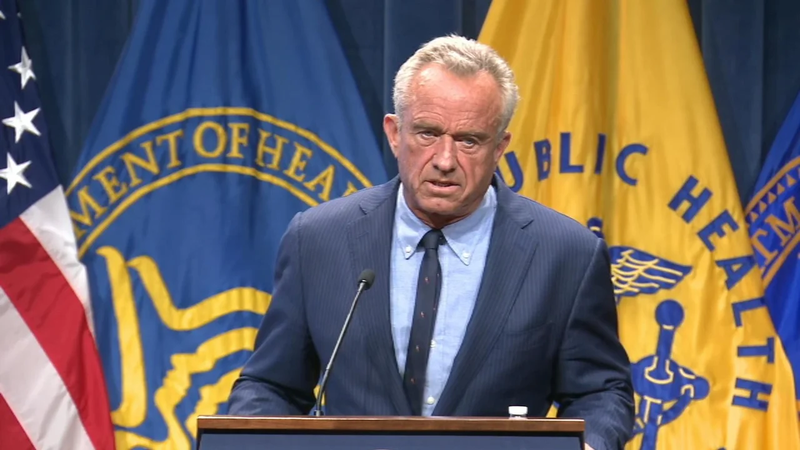
The National Institutes of Health (NIH) has launched an unprecedented initiative to consolidate sensitive health data from federal and commercial sources in support of Health and Human Services Secretary Robert F. Kennedy Jr.'s autism research campaign. While this move is seen as a scientific leap forward, critics are voicing concerns about privacy, cybersecurity, and the threat of exploitation from foreign adversaries like China.
NIH Director Dr. Jay Bhattacharya announced that the agency is pulling together data from pharmacies, VA and Indian Health Service patients, private insurers, and wearable devices. This centralized database will be accessible to select researchers tasked with studying autism causes, treatment, and outcomes.
"This will be the most comprehensive dataset on American health ever assembled," Bhattacharya told the agency’s advisory board. “It’s a chance to enable real-time health monitoring and drive breakthroughs in chronic disease research — starting with autism.”
Between 10 and 20 research teams will be granted access via a secure platform. Data will not be downloadable and will include strong privacy protections.
But cybersecurity experts warn this makes the platform a prime target for cyberattacks. The Chinese Communist Party (CCP) has a history of hacking U.S. health infrastructure, including the 2015 OPM breach exposing 21 million federal records. China has also stolen healthcare data from U.S. insurers and hospitals, raising red flags.
With China investing heavily in biomedical research and data acquisition — both legally and through espionage — experts say projects like this must be protected from hostile foreign actors.
The CCP has openly sought access to foreign genomic data, using partnerships, acquisitions, and hacking. The U.S. National Counterintelligence and Security Center warns Chinese companies are “aggressively collecting” health and DNA data to enhance their biotech and AI capabilities, or even target foreign populations.
“Massive databases like this are strategic assets,” a former DHS official warned. “Without tight protections, China could weaponize what we build.”
RFK Jr. has stirred controversy for past claims linking vaccines to autism, which scientists overwhelmingly reject. More recently, he called autism a “preventable disease,” sparking backlash from advocates who say it stigmatizes autistic individuals.
NIH insists the project will fund a broad range of research, from basic science to public health strategies. Bhattacharya emphasized that autism varies widely in severity and form, and the research will reflect that complexity.
But critics argue the real risk lies in what happens behind the scenes — particularly who might access the data.
As the U.S. advances large-scale data-driven health programs, policymakers must account for foreign threats. China’s strategy includes leveraging big data as a geopolitical tool — for influence, surveillance, and technological dominance.
Kennedy’s initiative may yield scientific insights, but without ironclad safeguards, it could become a goldmine for America's rivals.
The NIH has promised a fast rollout, though no timeline has been confirmed. Kennedy recently walked back earlier claims that the study would explain autism by September, calling it “an evolving process.”
That evolution, experts say, must include one essential step: keeping America’s data out of China’s hands.